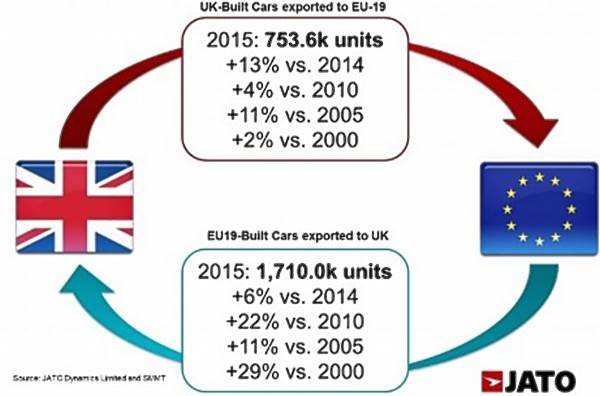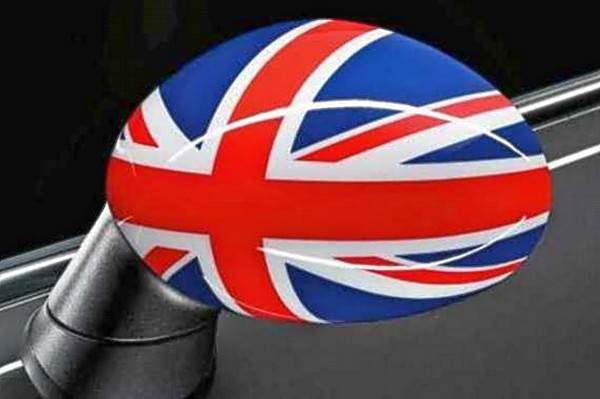What is Brexit?
The European Union or EU is a partnership between 28 European countries that allows free trade and work opportunities across their borders. Under the union a business could be set up anywhere, but under common laws, and technical and safety standards. With its own parliament, laws and currency (used by 19 of the member states) the EU grew to be the world’s largest trading block.
‘Brexit’, is the word coined for Britain Exiting the EU. Critics of the EU felt it created too many regulations and robbed countries of control over their own affairs. Britain was always sceptical of the EU and had never fully embraced it, like the other countries did. For example, it refused to join the Schengen Zone which eliminated internal border controls for overseas visitors and it didn’t adopt the common currency, the Euro. This skepticism was further amplified during the 2008 economic recession where the EU took a deeper hit and had a longer recovery period than the US. Some countries like Greece neared collapse. While Britain which uses the Pound rather than the Euro wasn’t hit as hard, many wondered how long before the EU membership would pull the UK into some kind of financial meltdown or would force them to have to bail out some countries wrecked due to bad EU policies.
Under the EU membership residents are allowed to travel and work in any member state. This created a mass migration of people from poorer to richer countries. Many in the UK felt this discriminated against its own people and left them disadvantaged when it came to employability due to the low pay scale that migrant workers were accepting.
Thus amidst heavy debates, Britons voted to leave the EU by the slimmest of margins. Most attribute this decision to the migrant issue rather than sound economic sense. Once announced, markets began to tumble with the opinion globally being that this was a bad economic decision.
What is the impact on the auto industry?
Going by indications from most of the auto manufacturers the decision could prove to be a big blow to the interconnected European auto industry. Britain exports nearly 80 percent of its automobiles, of which 57.5 percent goes to the EU. And of the 90 percent of light vehicles that are imported by Britain, 80 percent are from the EU. According to global research firm LMC Automotive, Germany will see the greatest volume adjustment, losing 1,30,000 units compared to the previous base case.
Even before the vote many manufacturers had openly favoured Britain staying in the EU. Remaining a part of the European Union would have allowed unrestricted access to the world largest single market and the ability to shape technical regulations for the EU.
A number of SMMT members (Society of Motor Manufacturers and Traders – which represents the UK automotive industry) are of the view that since they extensively trade with the EU, any barrier to this would be bad for business. They believe that leaving the EU would weaken their position for international trade negotiations and isolate them from winning contracts abroad. Another member said, “UK access to the EU is one significant reason for our location in the UK. As engineering services company, unrestricted recruitment of skilled EU labour is an important strength.”

Some others cited fears that leaving the EU only puts trade barriers in place, making growth harder and providing opportunities for EU-based competitors. They also fear that they would not be eligible for EU research grants and collaborative projects while their competitors would be. Another risk of exiting the EU is that “Global OEMs will not invest in new models, while the UK’s involvement in a European supply chain will become harder.”
How does it impact India?
The automobile sector in the UK is important for the Indian automotive segment since some key carmakers have invested significantly in the UK and other European countries. However, there is likely to be no direct impact on the domestic industry but multinational corporations having businesses in the UK might take a hard hit as a result of Brexit.
Shares of Tata Motors owners of Jaguar Land Rover crashed more than 10 percent on Brexit news, however, while this is more reactionary, Brexit can turn out to be a major issue as 27.3 percent of JLR’s sales were recorded from Europe for Q4 FY16.
The Indian carmakers who have invested in the European Union, including the UK, will be forced to re-strategize with the new tariff rules and changing nature of transactions across borders. However, a weaker pound will make exports cheaper for foreign buyers and thus will help in balancing out the negative impact to some extent.
Meanwhile, India will have to amend the Free Trade Agreement (FTA) with the European Union bloc and it is likely that UK will not be able to avail FTA benefit of EU with other countries. However, in that case UK could be free to negotiate with other countries, but at present, it is difficult to assess the impact. Duty cuts in automobile were one of the issues being discussed in the agreement along with intellectual property rights and liberal visa regime. But negotiations pertaining to the FTA with EU have remained in deadlock over several key issues since May 2013 and it remains to be seen how they turn out in the near term.
So what happens now?
It is still a long process for Britain to actually leave, and nobody knows the outcome of the terms of the exit agreement that Britain will be able to negotiate. Commenting on the verdict to quit the EU today, Mike Hawes, SMMT’s chief executive, said, that the key to safeguarding the UK automotive interests would be the ability for Britain to secure tariff-free access to the EU and global markets and ensuring that they can recruit talent from the EU and the world.
However, with the German automotive body, VDA having warned the UK of a potential trade dispute, it remains to be seen whether the British government can get tariff-free access to European markets.
The outlook is not positive for the domestic UK market either with LMC Automotive slashing its car sales forecast in the UK by 15 percent for 2018. “With an effective increase in prices due to sterling depreciating, lower economic growth forecasts and weaker confidence, we have lowered our forecast for light vehicle sales in the UK. Our new base forecast for the UK light vehicle market is for demand to fall 15 percent to 2.55 million units in 2018 (versus 3.0 million units in 2018 earlier); this represents a reduction in the volume of 410,000 units in 2018 versus the previous forecast,” LMC said in a note today.




Comments
Member Login
Personal Details
No comments yet. Be the first to comment.